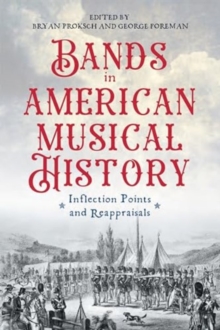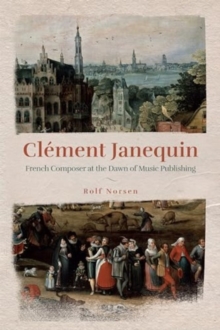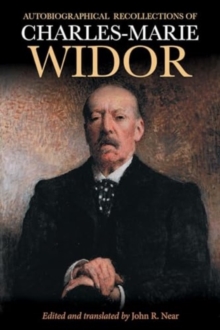
Description
The life and works of one of the most difficult yet rewarding composers of modern time.
Jean Barraque is increasingly being recognized as one of the great composers of the second half of the 20th century. Though he left only seven works, his voice in each of them is unmistakeable, and powerful. He had no doubt of hisresponsibility, as a creator, to take his listeners on challenging adventures that could not but leave them changed. After the collapse of morality he had witnessed as a child growing up during the Second World War, and having taken notice of so much disarray in the culture around him, he set himself to make music that would, out of chaos, speak.
Three others were crucial to him. One was Pierre Boulez, who, three years older, provided him with keysto a new musical language -- a language more dramatic, driving and passionate than Boulez's. Another was Michel Foucault, to whom he was close personally for a while, and with whom he had a dialogue that was determinative for bothof them. Finally, in the writings of Hermann Broch-and especially in the novel The Death of Virgil-he found the myth he needed to realize musically.
He played for high stakes, and he took risks with himself as well as in hisart. Intemperate and difficult, even with his closest friends, he died in 1973 at the age of forty-five.
Paul Griffiths was chief music critic for the London Times (1982-92) and The New Yorker (1992-96) and since 1996 has written regularly for the New York Times. He has written books on Boulez, Cage, Messiaen, Ligeti, Davies, Bartok and Stravinsky, as well as several librettos, among them The Jewel Box (Mozart, 1991), Marco Polo (Tan Dun, 1996) and What Next? (Elliott Carter, 1999).
Information
-
Download - Immediately Available
- Format:PDF
- Pages:238 pages
- Publisher:Boydell & Brewer Ltd
- Publication Date:01/12/2003
- Category:
- ISBN:9781580466196
Information
-
Download - Immediately Available
- Format:PDF
- Pages:238 pages
- Publisher:Boydell & Brewer Ltd
- Publication Date:01/12/2003
- Category:
- ISBN:9781580466196










